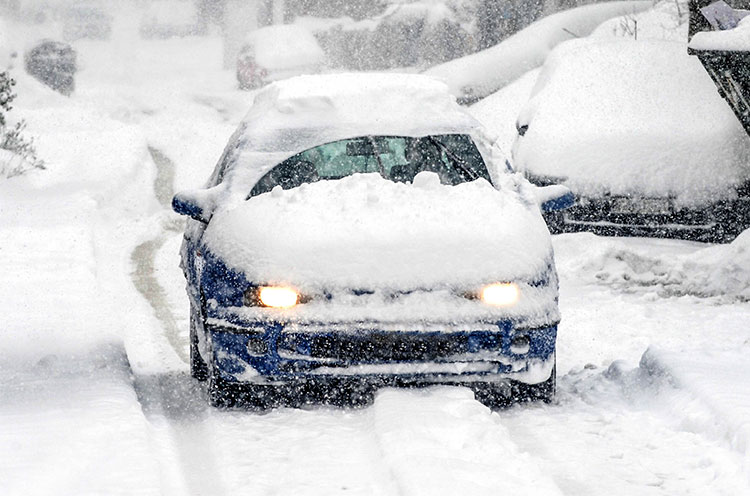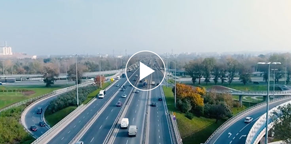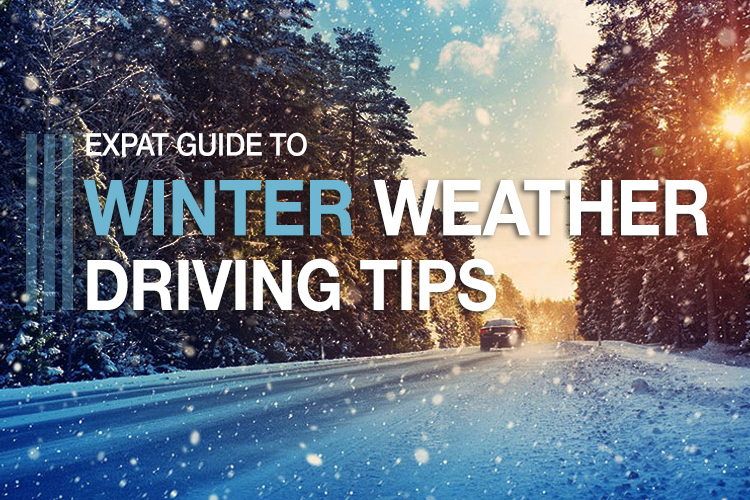
Not all expats come from snowy locales with experience driving in winter snow. And not all places in the US will require you to drive in difficult, wintry conditions. But just in case this will be your first US winter with a new vehicle, we wanted to share tips from some of the most experienced drivers.
Remember, even if you have years of winter driving experience – and have a vehicle well-equipped enough for a trip to the top of the Rocky Mountains, other drivers may not have the required experience to avoid an accident.
These top tips can literally save your life. And while many of you are thinking “it’s no big deal driving in the winter,” we’re here to remind you that winters in the northern part of the US can be downright treacherous. So, please take these tips to heart.
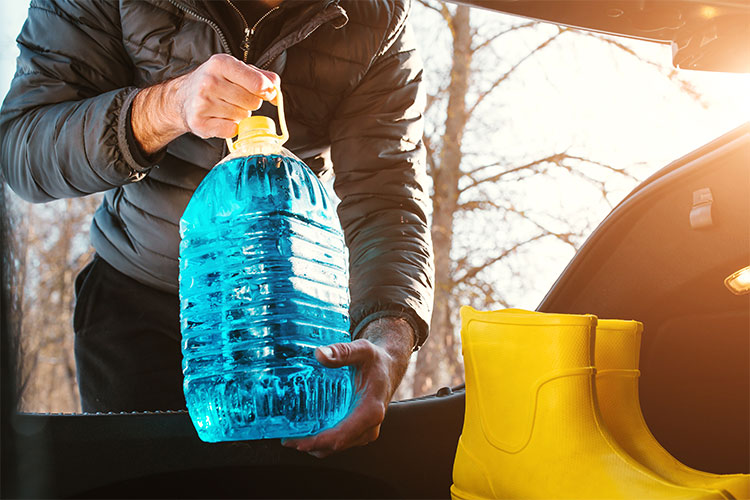
1. Safe Winter Driving Means Making Sure Your Vehicle Is “Winterized”
This means checking your tires to make sure they are filled properly as during the winter the amount of pressure goes down. Always keep your gas tank at least half full just on the off chance you get stuck in the snow.
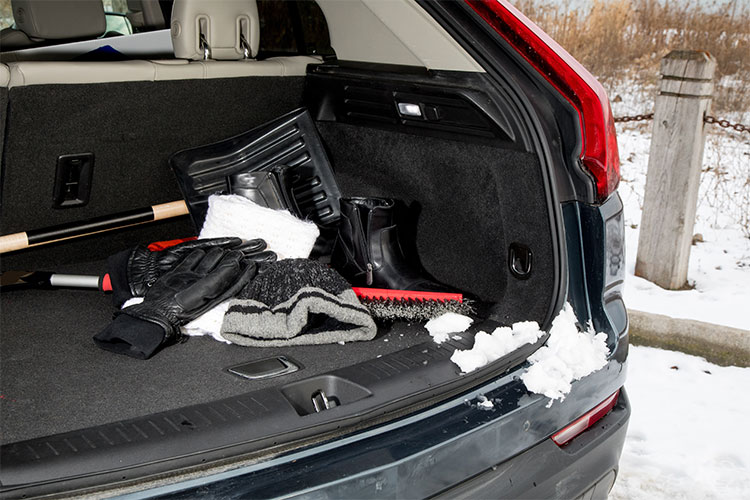
2. Expats Driving in the Winter Should Always Have An Emergency Kit
Sooner, rather than later, make sure you have a fully-stocked emergency kit with the following essentials in case you get stuck:
- Non-perishable snacks or food like cereal bars
- Water in plastic bottles so they won’t break if the water freezes
- Extra pairs of pants, socks, gloves and a hat
- Blanket
- First aid kit
- Small fold-up shovel, ice scraper, and snowbrush
- Wind up flashlight
- Jumper cables
- Whistle to attract attention if needed
- Road flares
- Sand, salt, or cat litter (non-clumping)
- Antifreeze and windshield washer fluid
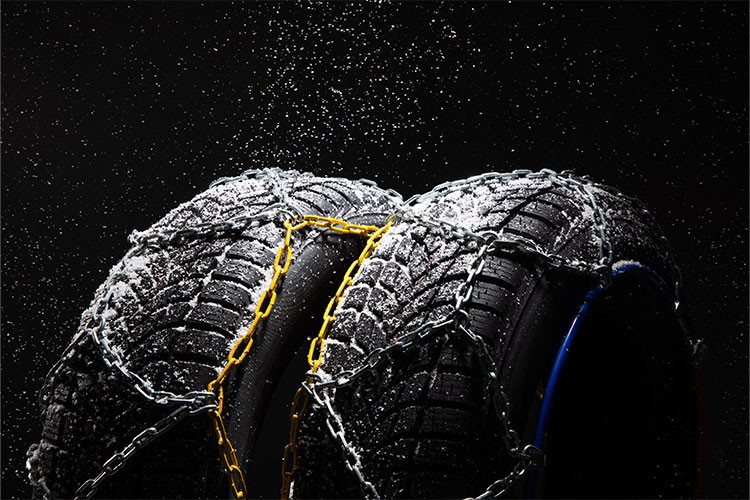
3. Consider Winter Tires
Not everyone needs special tires for the winter. But if you’re relocating to an area where snow, ice, or freezing temperatures are common, it can be a smart investment.
Remember you are not invincible with winter/snow tires. While they help to maintain traction in tough conditions, they won’t overcome the laws of physics during brutal weather or hazardous road conditions.
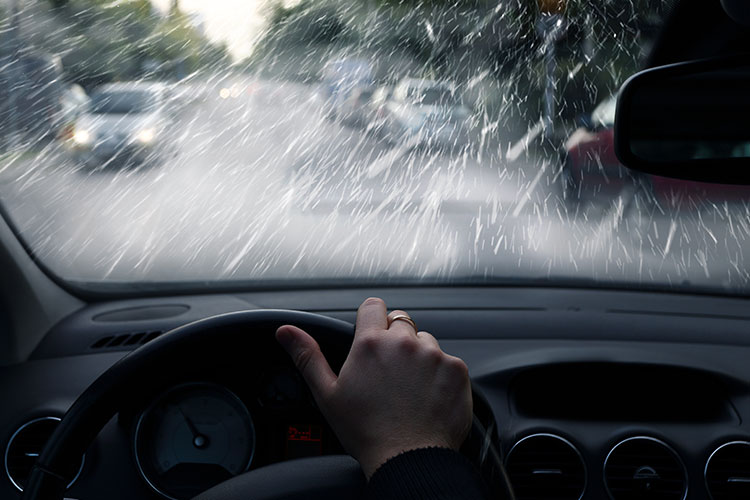
4. Proceed With Extreme Caution When Driving in the Winter
Snow and ice make it easy to skid, spin or collide with another object or vehicle. You must anticipate stops, corners, and hills well ahead of time and cautiously plan slow and wide turns.
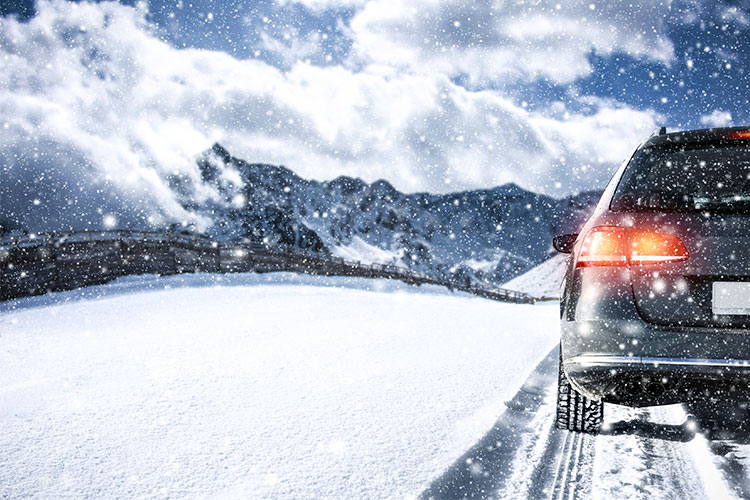
5. Brake Well Before You Would In Normal Conditions
It is critical to allow enough space to brake early and smoothly so you don’t lose control of the vehicle. Slamming the breaks in slick conditions will send you into a skid that can be very dangerous for you and others.
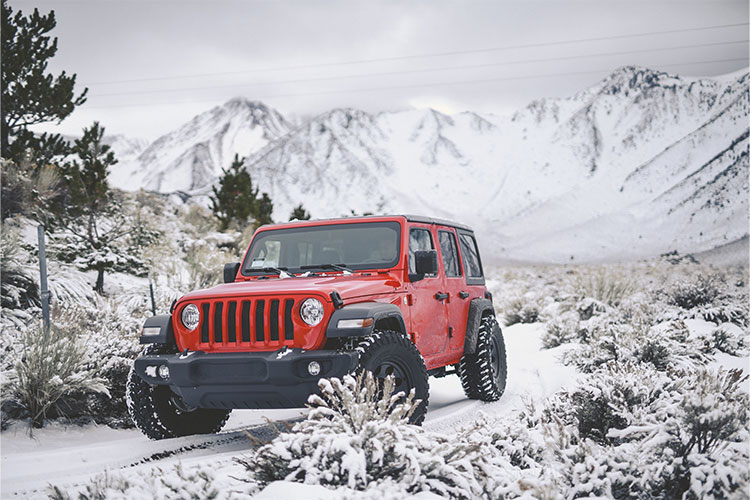
6. Maintain Momentum
When you see a hill or deep snow coming up, the key to success is to maintain your momentum. Once you pause or stop, you may find yourself stuck with wheels spinning.
7. Clear The Snow From Your Vehicle And Windows
This sounds obvious but if you have driven in the snow before you may have seen some irresponsible driver’s peeking through a snowy windshield and thinking that is okay. And worse yet, the snow from their vehicle blows off onto the cars around you obscuring your view and the view of others around you.
Driving a vehicle with snow or ice-covered windows is not only dangerous, it is illegal in many places.
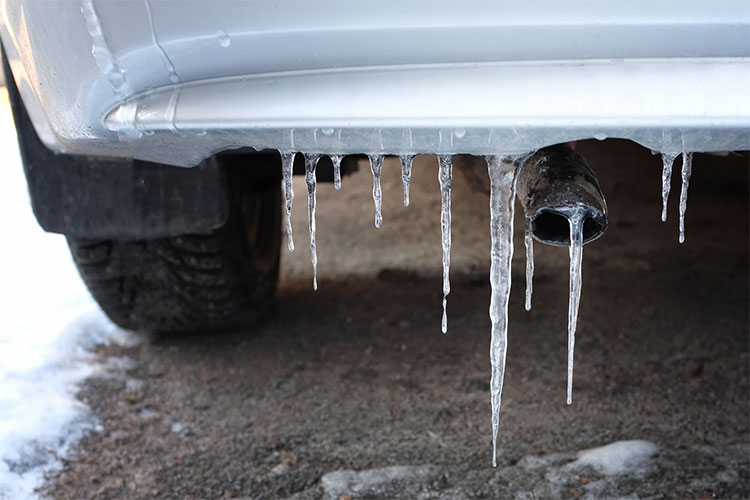
8. Watch Your Tailpipe
It is vital to make sure the tailpipe on your vehicle is not obstructed with snow or ice. If the exhaust is clogged, deadly carbon monoxide gas can seep into the car’s cabin. The colorless and odorless gas can be fatal to those breathing it in an enclosed space.
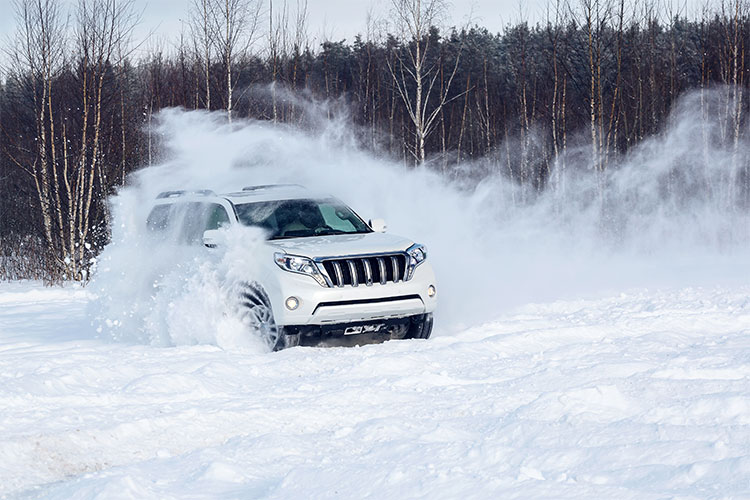
9. Do Not Brake While Skidding
If your car starts to skid, take your foot off the gas, and point the steering wheel in the direction you want to go. Your tires should regain traction as you slow down. As your car slows down close to a stop and is in a straight line, lightly press on the brake pedal.

10. Just Stay Home Instead of Driving in Winter Weather
The number one tip for expats (and everyone!) for safe winter driving is to stay home in inclement weather.
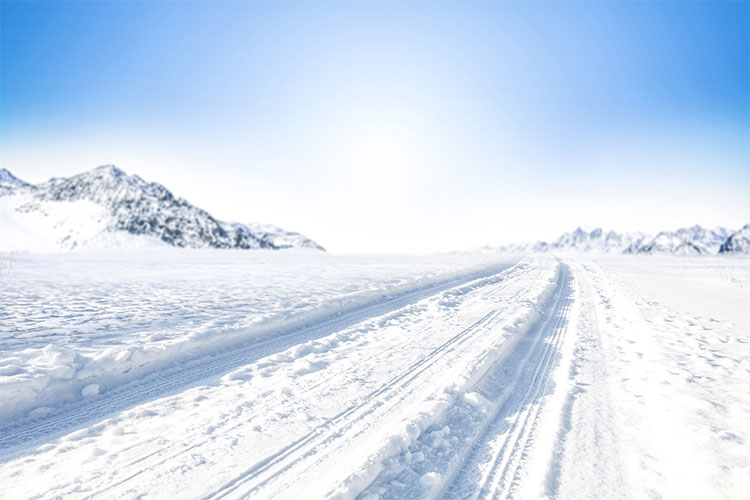
Every year, 1,000 people are killed in crashes on slushy, icy or snowy roads. Seventy percent of weather-related crashes occur on wet pavement due to breaking impairment during wintry conditions; it takes up to ten times longer to stop when driving on snowy roads.
Driving in snow, ice, storms, and blizzards is extremely dangerous. If you must go out, also be sure your headlights are on, you increase the distance between the front of your car and the back of the next, and always reduce your speed and be extra cautious.
Before you engage the gas or hit the brake be sure you are deliberate, gentle, and cautious. It may take a little longer to get there, but you will arrive safely.
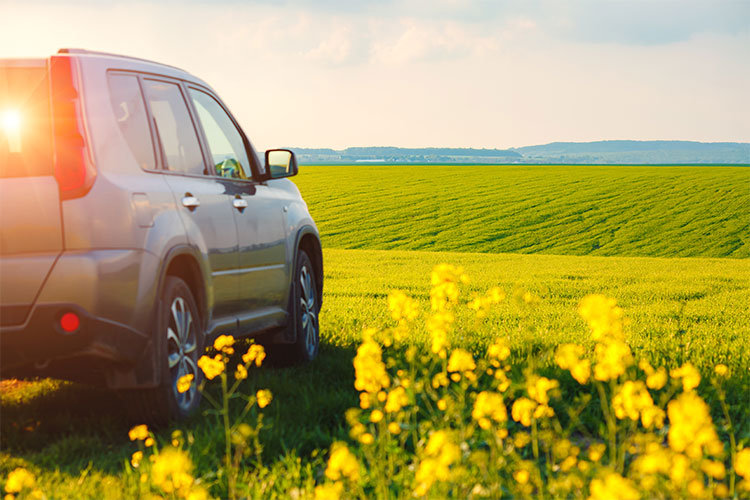
Many people enjoy the winter and the brisk air and snow sports like skiing, skating, and snowboarding. As for me, I’m counting down the days until spring. 🌼
International AutoSource
As the vehicle expert for relocating Expats, International AutoSource (IAS) offers flexible vehicle solutions and financing without a local credit history. Get tips and learn what to expect to make your move as seamless as possible.
